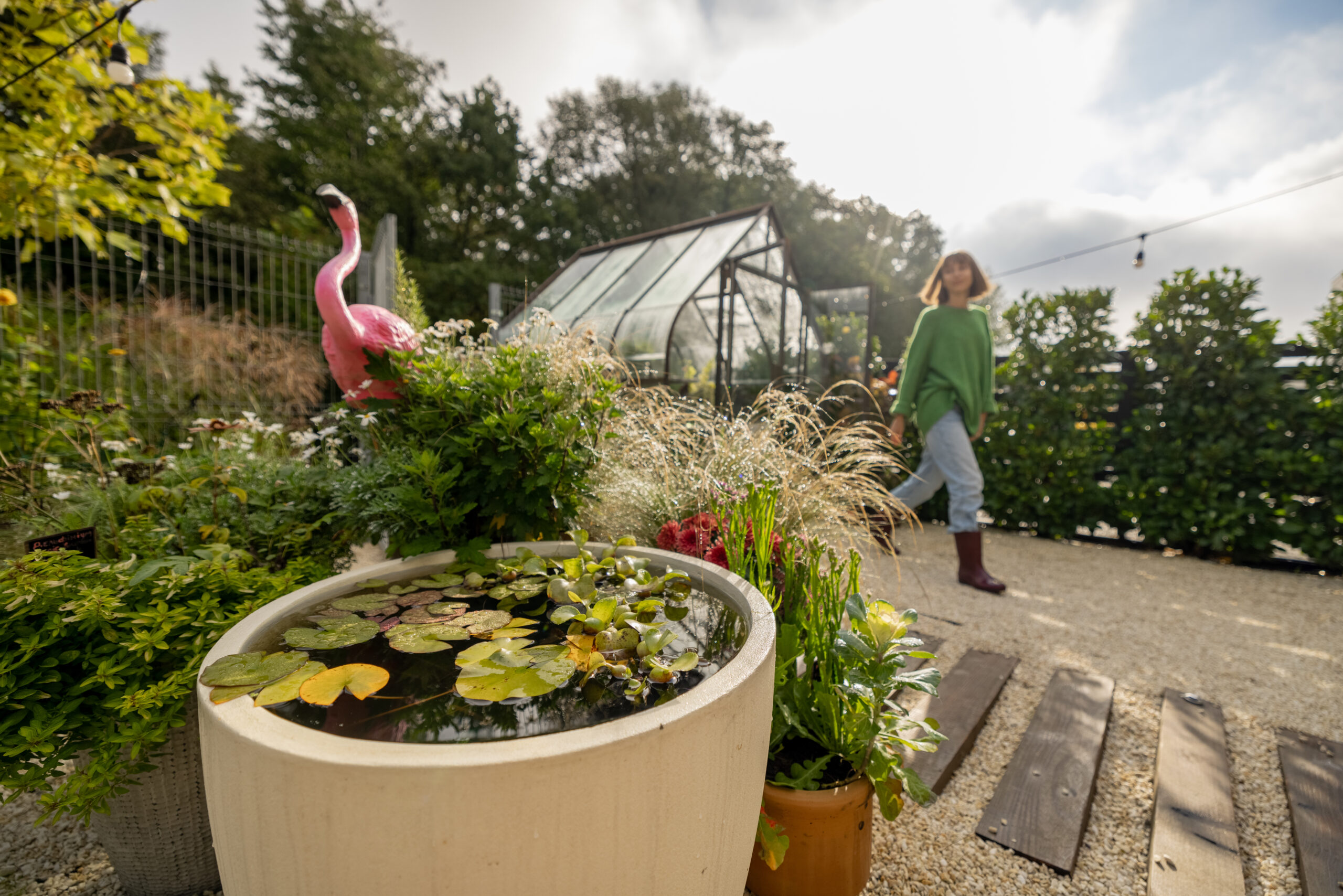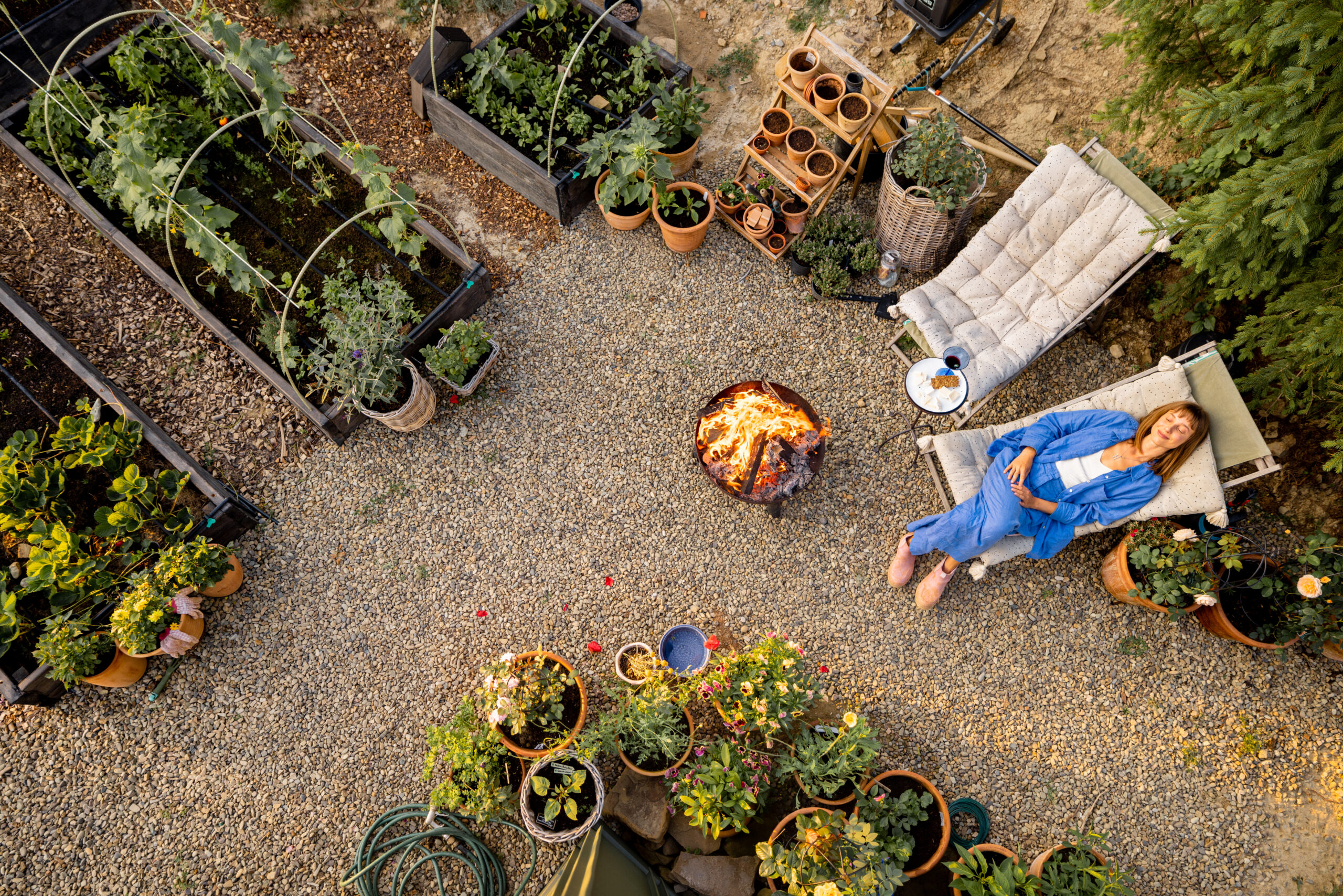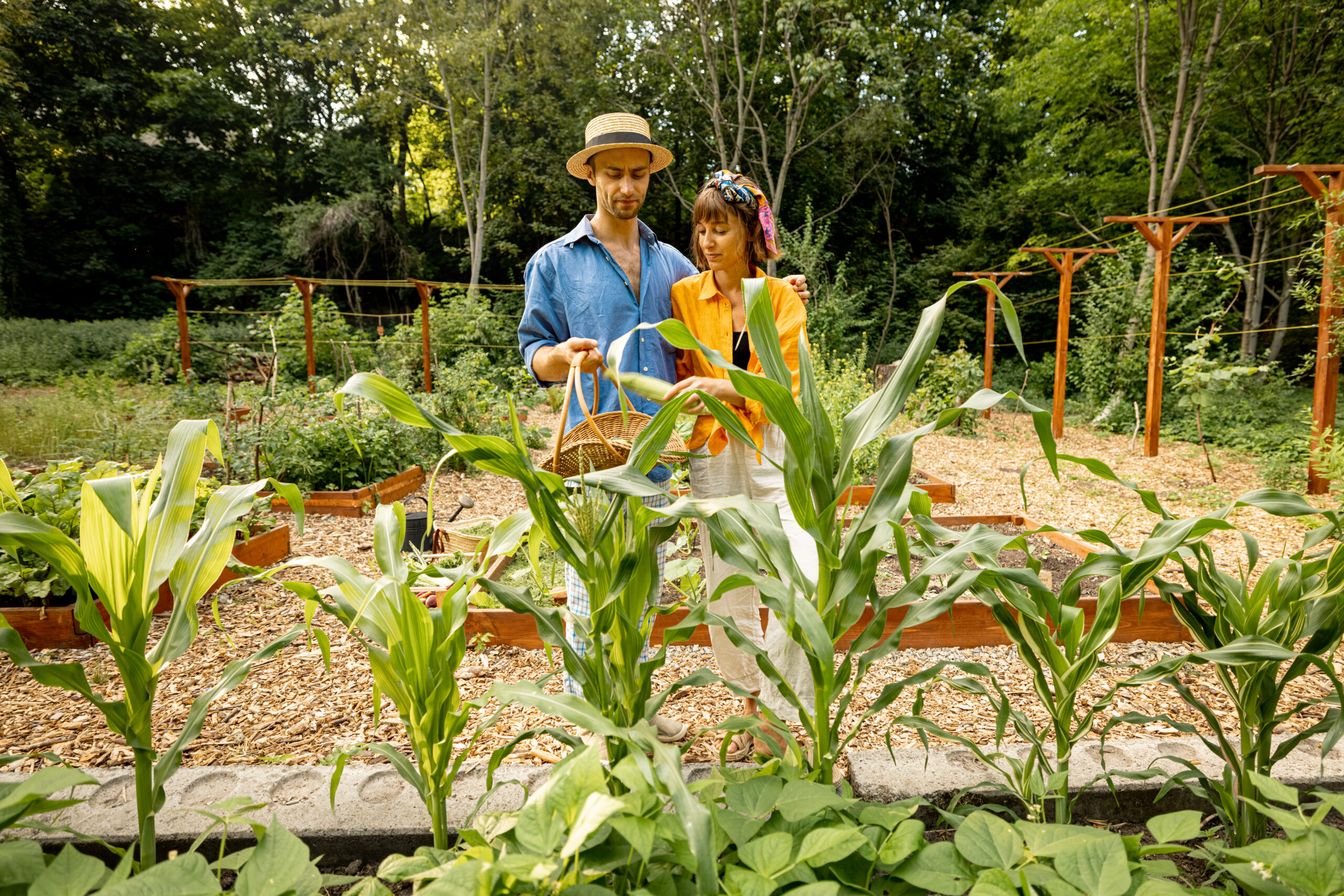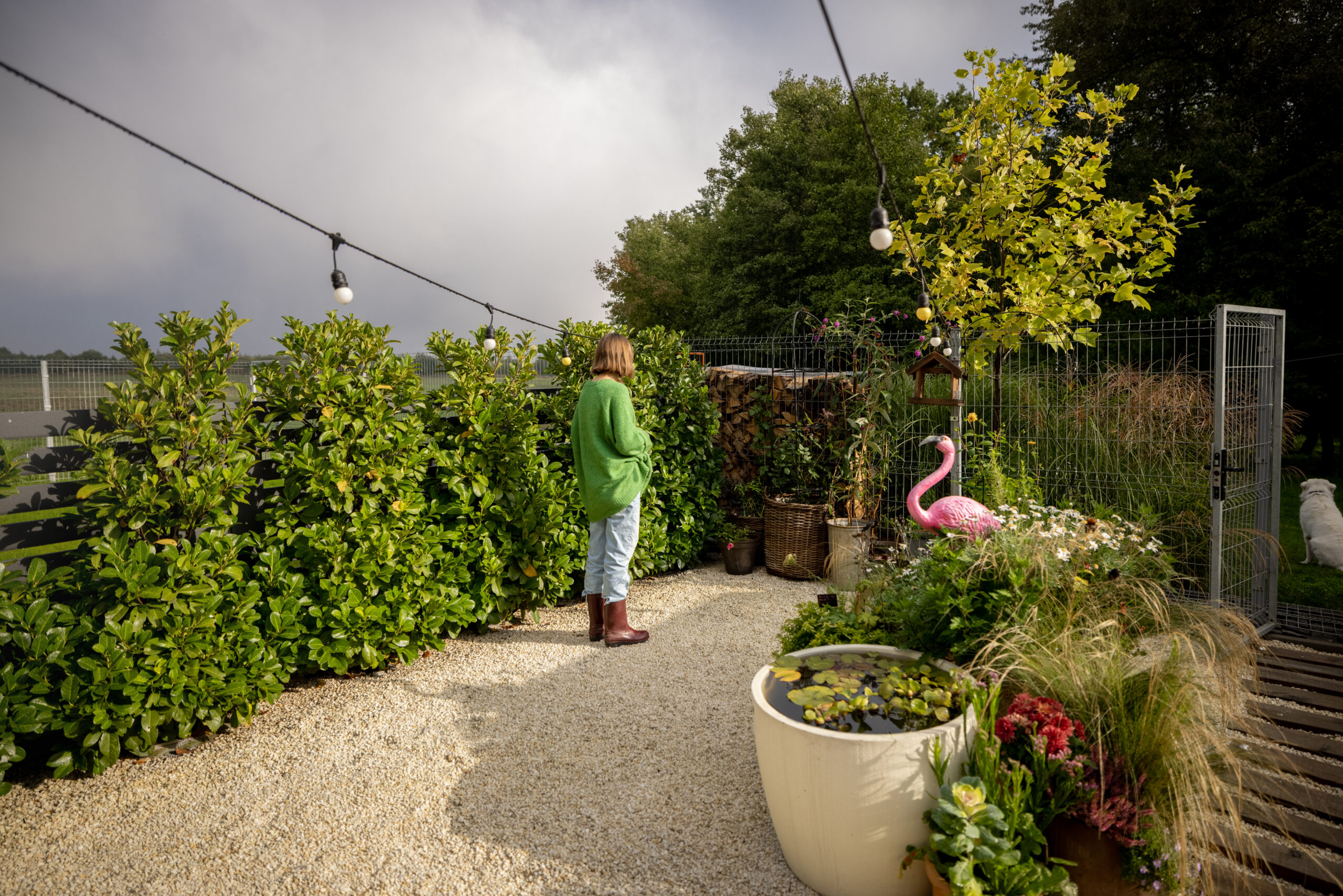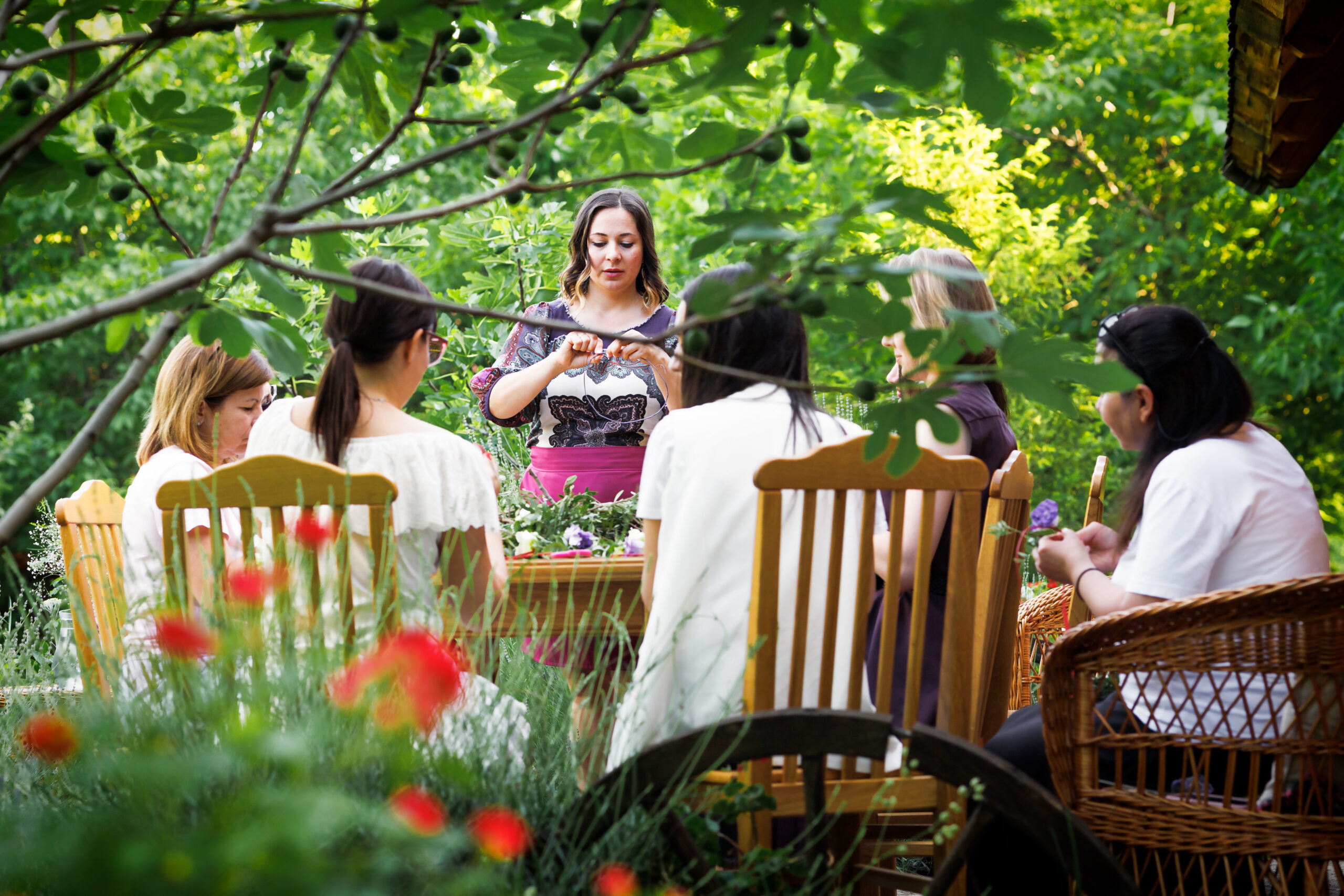Gardening has long been known for its ability to improve physical health, but its benefits go far beyond that. It’s an activity that nurtures not only your plants but also your mind and spirit. For many, gardening is a personal journey that fosters a sense of achievement, mindfulness, and connection with nature. Whether you’re a seasoned gardener or just starting, tending to a garden can significantly boost your overall well-being. Here’s why gardening is so therapeutic and how you can harness its power to improve your mental and emotional health.
1. Stress Reduction and Relaxation
In today’s fast-paced world, stress is an inevitable part of life, but gardening can be an effective remedy. Numerous studies have shown that spending time in nature, particularly engaging in hands-on tasks like planting, weeding, and watering, reduces levels of cortisol—the hormone associated with stress. Gardening encourages you to slow down and focus on the present moment, offering a peaceful escape from the hustle and bustle of daily life.
The repetitive motions of gardening, such as digging, pruning, and raking, have a calming effect, allowing your mind to focus on the simple joys of nurturing plants. It’s a form of active meditation that promotes relaxation and helps you unwind after a long day. Just spending time in a garden or tending to plants can provide a quiet refuge for your mind.
2. Connection with Nature and Grounding
Gardening is a direct way to reconnect with nature. When you garden, you are in touch with the cycles of life—planting seeds, watching them grow, and witnessing the results of your hard work. This connection with the natural world fosters a sense of grounding and helps reduce feelings of anxiety and worry.
The act of being outside, breathing fresh air, and feeling the soil beneath your fingers reminds you of the simple, timeless rhythms of nature. It also allows you to disconnect from technology, providing a welcome break from screens and constant notifications. Being present in your garden cultivates mindfulness, which has been shown to lower anxiety levels and improve overall mental health.
3. Sense of Achievement and Accomplishment
One of the most rewarding aspects of gardening is the sense of accomplishment it brings. Whether you’ve grown your first flower, harvested homegrown vegetables, or simply cared for a potted plant, the results are tangible and rewarding. The process of watching something you’ve planted flourish can bring a deep sense of satisfaction and pride.
In the golden years, as we often face transitions or changes in life, gardening provides a fulfilling activity that adds purpose to your day. Each small success, whether it’s a blossoming flower or a thriving vegetable patch, can boost your self-esteem and give you a sense of accomplishment that carries over into other areas of your life.
4. Physical Health Benefits
Gardening is also great for your physical health. While it may seem like a relaxing pastime, it’s actually a fantastic way to get gentle exercise. Activities like bending, stretching, lifting, and digging provide an excellent workout for your muscles and joints, improving flexibility and strength. The physical act of gardening helps increase circulation and promote overall cardiovascular health.
Gardening also allows you to spend time outdoors, soaking up sunlight and getting fresh air, which can help improve your mood. Exposure to sunlight boosts the production of vitamin D, which is essential for bone health and immune function. Additionally, getting regular exercise in the garden can help improve sleep quality, which is vital for both mental and physical well-being.
5. Fostering Mindfulness and Creativity
Gardening encourages mindfulness, which is the practice of staying present and fully engaged with the task at hand. When gardening, you naturally become immersed in the task of caring for your plants, observing their growth, and adjusting to their needs. This level of focus can be a great way to practice being in the moment, away from distractions and worries.
For those looking to tap into their creative side, gardening also provides endless opportunities for creativity. Whether you’re arranging flowers, designing a new garden bed, or experimenting with colors and textures, gardening allows you to express yourself in ways that are both fulfilling and soothing. This creative outlet can enhance your sense of self-worth and help reduce negative thoughts.
6. Social Connection and Community
Gardening can also bring people together, providing opportunities for social connection. Whether you join a local gardening club, swap plants with neighbors, or simply invite friends or family to help with your garden, gardening can foster a sense of community and shared purpose. Socializing while gardening is a great way to connect with others and enjoy meaningful interactions.
For those with limited mobility or who may feel isolated, gardening in a community garden or working on a shared garden project can provide an important sense of belonging. Being part of a group that values nature and shares gardening tips and stories can help reduce feelings of loneliness and build strong, supportive relationships.
Conclusion: Gardening as a Path to Better Well-Being
Gardening offers numerous mental, emotional, and physical benefits, making it a holistic way to improve your overall well-being. Whether you’re seeking relaxation, creative expression, or a sense of accomplishment, gardening provides a fulfilling and therapeutic experience. By connecting with nature, practicing mindfulness, and taking care of plants, you can cultivate a garden that not only nurtures the earth but also nurtures your body and mind.
Start small—plant a few flowers or herbs, spend a few minutes each day tending to your plants, and watch as the healing power of gardening unfolds in your life. The rewards are endless, and the process is as beautiful as the blooms you will nurture along the way.





